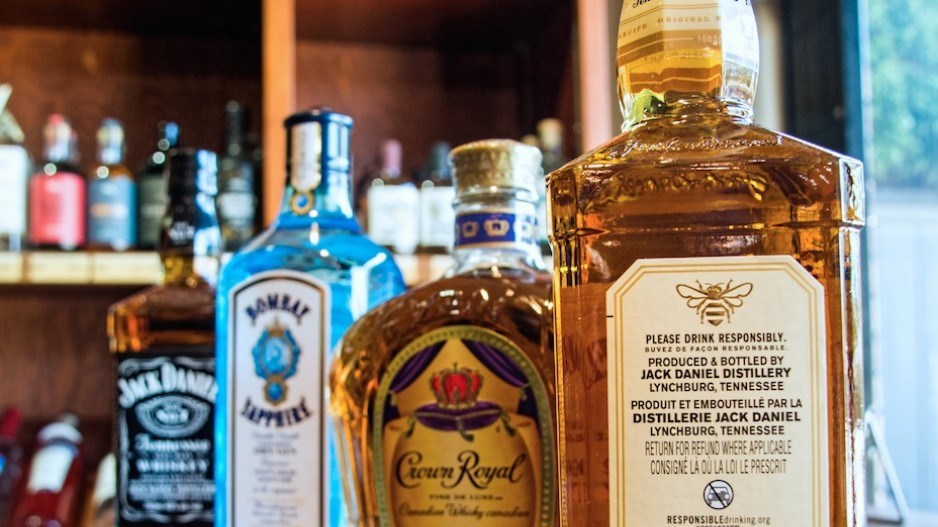Warning labels help decrease alcohol sales and help drinkers remember national drinking guidelines, according to a study by the University of Victoria’s Canadian Institute for Substance Use Research (CISUR), which examined an experiment in Whitehorse, Yukon.
“This is an especially vital public health intervention now, as we see people at risk of increasing their alcohol intake as they isolate at home during the COVID-19 outbreak,” said the study’s co-leader, and director of CISUR, Tim Stockwell.
Indeed, the British Columbia Liquor Distribution Branch said alcohol sales surged 40% in March, although it is unclear if people were drinking more, or simply stocking up to avoid frequent trips to liquor stores during the global pandemic.
An analysis of Whitehorse's sales by Stockwell and CISUR scientist Jinhui Zhao found that per capita sales of labelled alcohol products dropped by 6.6%, compared to the products in control sites that didn’t get the new labels.
Approximately 300,000 labels were applied to 98% of alcohol containers in Whitehorse during the study period.
B.C. Attorney General David Eby visited Whitehorse in June 2018 to view the study in progress, and Island Health chief health officer Richard Stanwick, at the time, was lobbying to have Eby put warning labels on alcohol.
Business in Vancouver asked Eby about whether he would legislate to require such labels in B.C. in an exclusive interview in July 2018, and he said that he had “no plans” to put warning labels on alcohol products in B.C.
Requiring liquor retailers’ staff to manually put warning stickers on products would represent a “significant cost” to those businesses, Eby said.
“We’re interested to see if the labels have any impact [on sales] and also to see the federal government’s opinion, based on that,” Eby said at the time. “It is in part a federally funded study.”
A report commissioned by the B.C. government and released in late June, 2018, by the province’s business technical advisory panel on liquor policy noted that, among panel members, there was “no support for the idea of creating labels on alcohol products that would relate to minimum-drinking guidelines or health issues.”
To read more about that report, click here.




